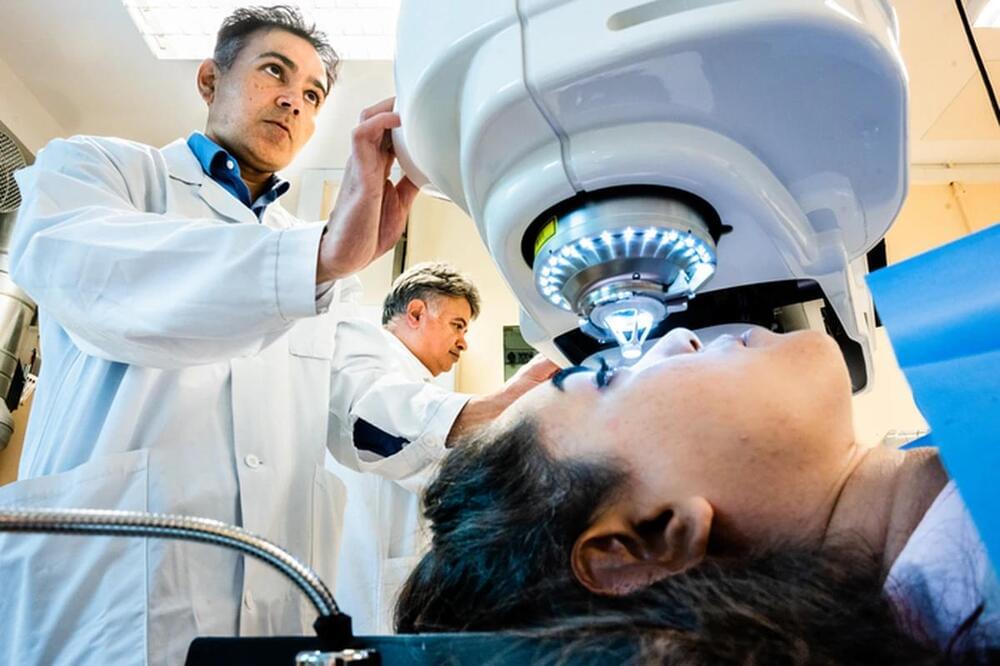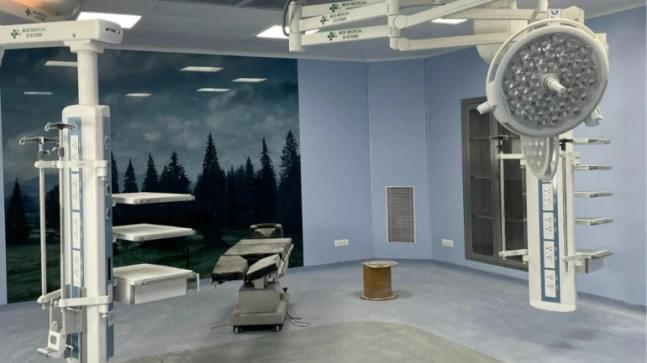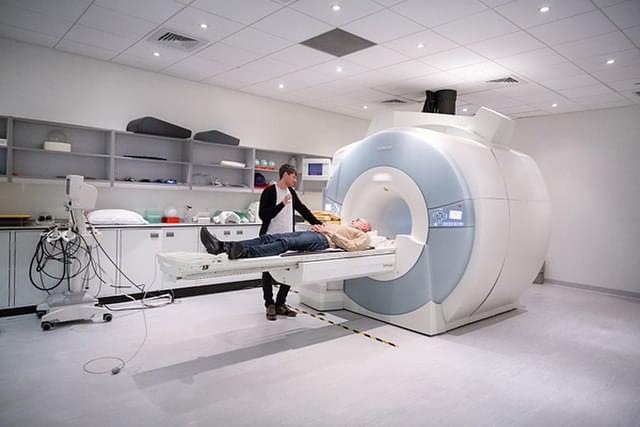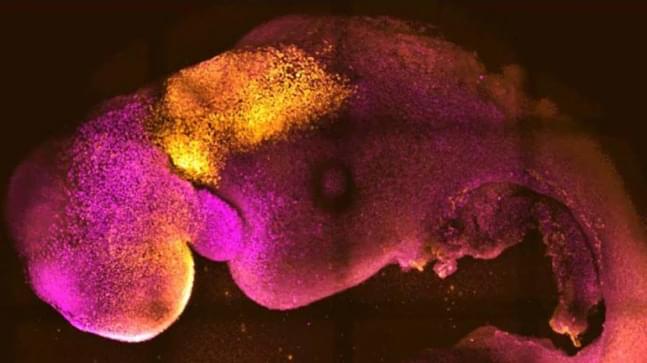Corneal blindness occurs when the transparent membrane that covers the front of the eye and acts as a lens becomes opaque and prevents the light from reaching the back of the eye, inhibiting vision. It can be solved with a transplant, but experts estimate that 12.7 million people are currently waiting for a cornea donation. These membranes are in short supply: for every 70 that are needed, only one is available. In view of this problem, especially in countries where there are fewer donations of human corneas due to limited infrastructure, a group of Swedish researchers tested corneas made from pig skin collagen in 20 people who needed transplants (all of them Iranian or Indian citizens; 14 of them were blind). After two years, they all showed improvement, and those who were blind could see again. Although more complex clinical trials are still necessary to validate the measure, the first test of this bioengineered corneal tissue has proven to be safe. The results of this pilot study were published in the Nature Biotechnology journal.
There is also a socioeconomic aspect to corneal blindness: one million new cases are diagnosed every year, but according to researchers, most are concentrated in low-and middle-income countries in Asia, Africa and the Middle East – precisely where it is most difficult to obtain a donated human cornea, due to endless “economic, cultural, technological, political and ethical barriers.” Finding an alternative to the human cornea transplant is key, the authors point out, to fighting keratoconus, a disease that weakens and thins the cornea, and which is the reason for most transplants.
In order to find an alternative to donated human cornea, the researchers bioengineered collagen, the main protein in the human cornea, as a raw material. “For an abundant yet sustainable and cost-effective supply of collagen, we used medical-grade collagen sourced from porcine skin, a purified byproduct from the food industry already used in FDA-approved medical devices for glaucoma surgery and as a wound dressing,” they explain in the article. Unlike the human corneas, which must be used in less than two weeks, bioengineered corneas can be stored for up to two years.








